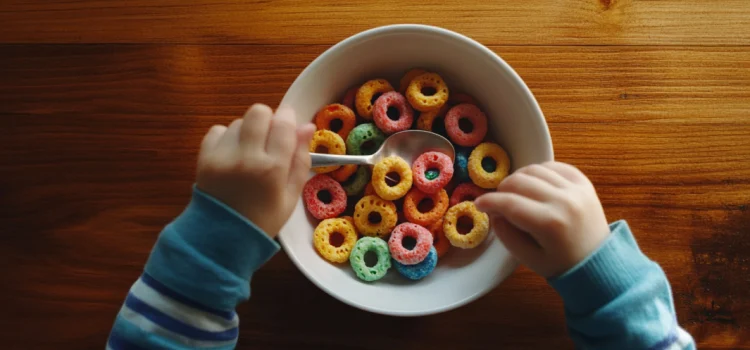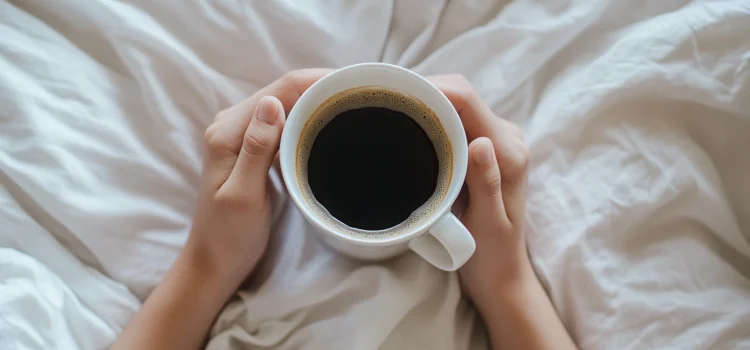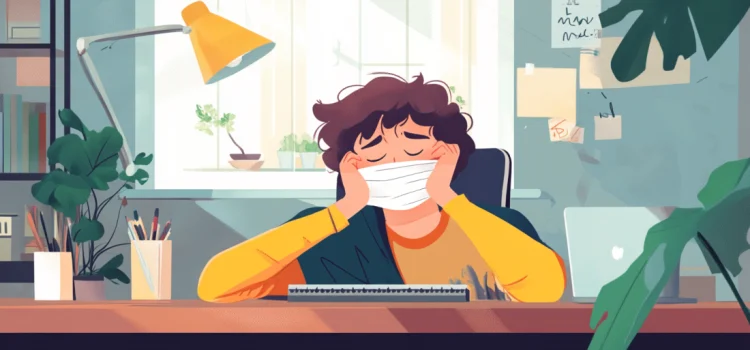Why are ultra-processed foods so bad? What health effects can they have? In his book Ultra-Processed People, Chris van Tulleken explains the negative health effects of ultra-processed foods. He goes over the host of diseases and illnesses that are linked to eating UPFs too often. Here’s a look at why you should think twice about the foods you eat.
Why Are Ultra-Processed Foods Bad for You? A Doctor’s Answer










